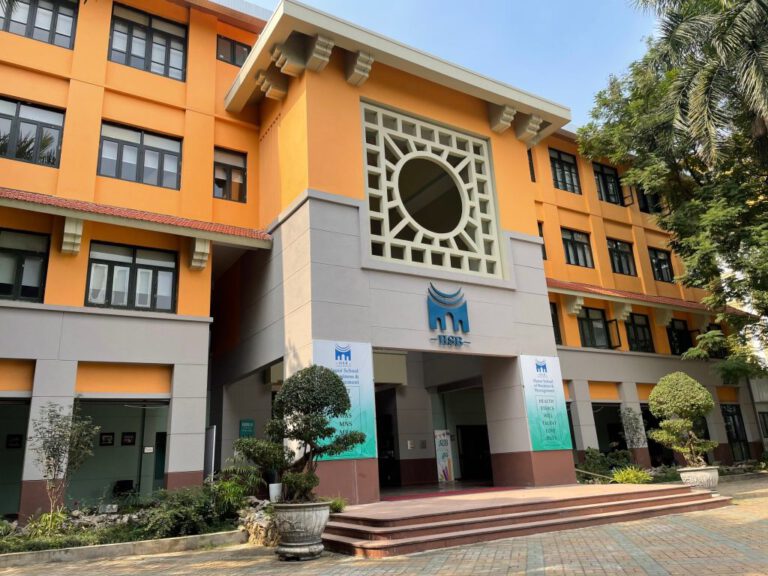1. Program introduction
The Master in Management of Non-Traditional Security (abbreviated as MNS) is a highly interdisciplinary and pioneering program within Southeast Asia where students will get familiar with the updated non-traditional security issues, develop administrative tools to find security solutions in different areas such as cyber, economic, environmental, financial security, food and human security…
- Degree’s title: Master in Management of Non-Traditional Security
- Transcript title: Master in Management of Non-Traditional Security with specialization in 1 of the 8 research and study fields.
- Training institution: Hanoi School of Business and Management (HSB)
- Degree awarding institution: Vietnam National University, Hanoi.
- Program duration: from 18 – 24 months (scheduled on Saturday and Sunday)
- Number of credits: 64
- Field of study code: 8900201.05QTD
2.Language of Instruction: Vietnamese
3.Admission process:
- Step 1: Document submission and revision
- HSB receives and verifies applications for admission according to the requirements of the training program and VNU’s regulations. Candidates who meet the requirements will be notified of the interview time.
- Step 2: Essay review, interview
- Essays: Candidate is requested to write a short essay in 30 minutes in order to gauge their writing skill in Vietnamese.
- Application evaluation and interview: the Admission Council will evaluate the application, interview the candidate (in Vietnamese). The interview has an objective of understanding the candidate’s motivation, learning purpose, related working experience, learning & research capacity and other program related content.
4.Admission criteria:
- Degree Requirements: Candidates’ majors are considered for admission under the following conditions:
- Bachelor’s in business, management, Security and Social Order, Military related will need to complete an additional 3-course program (9 credits).
- Bachelor’s in life science, math and statistics, computing and information technology, engineering, engineering technology, architecture and construction, manufacturing and processing, agriculture-forestry and fisheries, veterinary medicine, environment and environmental protection, health, humanities, social and behavioral sciences, journalism and information, arts, education and training will need to complete a an additional 4 course program (12 credits).
- For more detail, please contact our Admission Office
- Foreign Language: Candidates should have a level 3 English Certificate (according to the 6 level English language Proficiency Framework Framework) or its equivalent or an overseas undergraduate’s or postgraduate’s degree certificate where the language of instruction is English or a Bachelor’s Degree of Foreign Languages, majoring in English.
- Working experience: Candidates should have at least 1 year of working experience in the area related to public administration, security, socio-economic, business, diplomacy, Sor non-traditional security activities.
5.Program framework:
|
General knowledge (8 credits) |
General and specialized knowledge (36 credits) | ||||||||
| Compulsory (15 credits) | 8 specializations (21 credit) | ||||||||
| Non-traditional security policy and strategy | Local Security and Sustainable Development | Economic security and financial security | Enterprise security | Market risks and commercial investigations | Information security and Network security | Human security and environmental security | Aviation security | ||
| – Philosophy
– Basic English |
Strategic Management and Planning | Non-Traditional Security Policy and Strategy Review | Local Order, Safety and Security | National Economic Security | Risk Management and Corporate Security | Competing In A Socialist-Oriented Market Economy | Information System and Security | Human Security | Law On Aviation Security |
| Overview of Security Governance | Climate Change and Global Security | Building Local Sustainable Competitiveness | National Financial Security | Corporate Financial Security | Goods & Service Market Risk | Information & Network Security Legal Regulations | Food Security | Aviation Physical Security | |
| Overview of Non-Traditional Security Governance | Culture and Security | Sustainable Development For Local Human Resources | Risk Management and Financial Security For Banks And Financial Service Providers | Enterprise Brand Security | Developed Country Business Law | Information Security Management | Water Security | The Human Factor in Aviation Security | |
| Science, Technology and Security | Education and Security | Risk Management for Investment Projects (Public, Private, Public-Private Partnerships) | Corporate Financial Security | Corporate Human Security | Vietnam Law on Commercial Fraud Investigation | Network Security Management | Energy Security | Secure Activities for Airports & Airlines | |
| Law, Society and Security | Economy and environmental security | Preserve and promote local cultural values and heritages | Accounting and Financial Fraud Investigation | Information System and Security | Industrial Fraud Investigation | Computer & Network Security Investigation | Environmental Security and Environmental Fraud Investigation | Aviation Risk Forecasting And Risk Management | |
| Emergency Preparation & Response | Technology for Treating Local Environmental Protection. | Corporate financial risk management strategy | Corporate Asset Insurance and Protection | Commercial Fraud Investigation | Cyberwar | Health Security | Emergency Preparation & Response | ||
| Scientific Research Method and Research Topic Design | Scientific Research Method and Research Topic Design | Scientific Research Method and Research Topic Design | Scientific Research Method and Research Topic Design | Scientific Research Method and Research Topic Design | Scientific Research Method and Research Topic Design | Scientific Research Method and Research Topic Design | Scientific Research Method and Research Topic Design | ||
| Thesis: 20 credits | |||||||||
| Total: 64 credits | |||||||||
6.Professional skills
In addition to the soft skills, MNS graduates will possess the following 21st century management skills:
- Strategic thinking skill;
- In-depth research skills in each non-traditional security field,
- Interdisciplinary management skills and usage of interdisciplinary governance tools to assess and forecast risks of each country, organization, business,….
7.Program fees:
- Full program: to be announced on a yearly basis
- The above does NOT include application, reservation, extension, exam retaking, course retaking, English Standardized Test, English learning fees (if any).
8.Contact
POSTGRADUATE PROGRAM MANAGEMENT OFFICE (POMO):
Address: 2nd Floor, B1 Building, 144 Xuân Thuỷ, Cầu Giấy, Hà Nội
Hotline: 086 875 5656 – 096 820 2244 – 024.6292.3030
Email: mns.tuyensinh@hsb.edu.vn
Website: https://hsb.edu.vn
Facebook: https://www.facebook.com/KhoaQuanTrivaKinhDoanhHSB/

